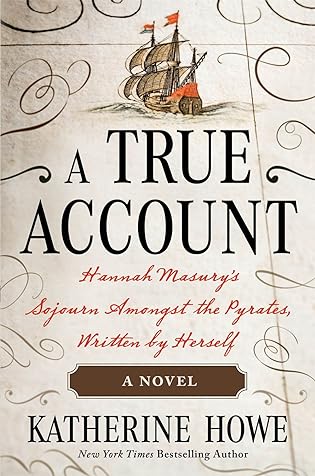 A True Account: Hannah Masury’s Sojourn Amongst the Pyrates, Written by Herself by Katherine Howe
A True Account: Hannah Masury’s Sojourn Amongst the Pyrates, Written by Herself by Katherine Howe Published by Henry Holt and Co. on November 21, 2023
Genres: Historical Fiction
Pages: 288
Format: Hardcover
Buy on Amazon, Buy on Bookshop
This post contains affiliate links you can use to purchase the book. If you buy the book using that link, I will receive a small commission from the sale.
Goodreads
From New York Times bestselling author Katherine Howe comes a daring first-hand account of one young woman's unbelievable adventure as one of the most terrifying sea rovers of all time.
In Boston, as the Golden Age of Piracy comes to a bloody close, Hannah Masury – bound out to service at a waterfront inn since childhood – is ready to take her life into her own hands. When a man is hanged for piracy in the town square and whispers of a treasure in the Caribbean spread, Hannah is forced to flee for her life, disguising herself as a cabin boy in the pitiless crew of the notorious pirate Edward "Ned" Low. To earn the freedom to choose a path for herself, Hannah must hunt down the treasure and change the tides.
Meanwhile, professor Marian Beresford pieces Hannah’s story together in 1930, seeing her own lack of freedom reflected back at her as she watches Hannah's transformation. At the center of Hannah Masury’s account, however, lies a centuries-old mystery that Marian is determined to solve, just as Hannah may have been determined to take it to her grave.
A True Account tells the unforgettable story of two women in different worlds, both shattering the rules of their own society and daring to risk everything to go out on their own account.
I always enjoy Katherine Howe’s books. I probably would not have chosen to read a book about pirates if she hadn’t written it, but I learned a lot. I enjoy it when a work of historical fiction drives me to research the era or topics on my own (not that I delved deeply—we are talking about Wikipedia articles here). Like many of Howe’s books, this one has a good plot twist, but it was not the one I expected. I won’t say more to avoid spoilers, but I’ll say the writing style in Hannah’s journal led me down the wrong path.
I loved the attention to historical details. Despite being involved in fantastical events, the characters felt like real people; that’s a pretty neat trick, given that pirates might easily be caricatures. With all the romanticism around pirates, it’s sometimes easy to forget they were real people, and the harm they caused others was also very real.
This is a bit of an aside, but I liked reading historical romances for teens under the Sunfire imprint when I was in middle school. My favorite (at the time) was Danielle, mainly because the protagonist almost ran off with a pirate but changed her mind because, well, pirates are kind of mean. There is a similar thread in the old Judy Garland movie The Pirate.
If you’ve read and liked Katherine Howe’s other historical fiction, you’ll enjoy this book, too. It’s a fun read about a topic that doesn’t get explored a great deal in historical fiction (or at least not in my reading experience).
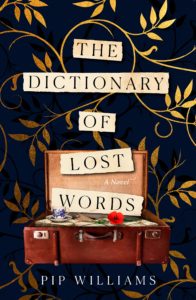 The Dictionary of Lost Words by
The Dictionary of Lost Words by  Beautiful Country: A Memoir by
Beautiful Country: A Memoir by 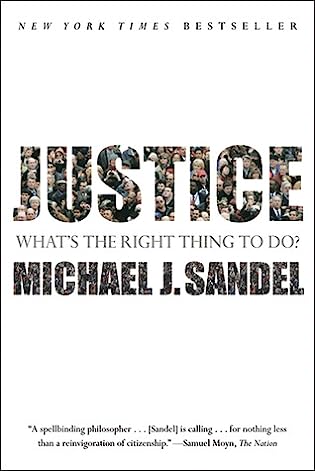 Justice: What's the Right Thing to Do? by
Justice: What's the Right Thing to Do? by 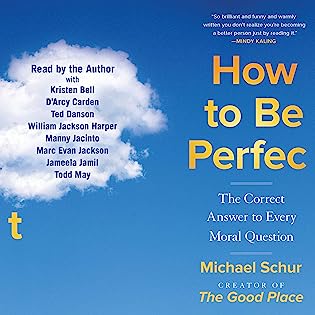 How to Be Perfect: The Correct Answer to Every Moral Question by
How to Be Perfect: The Correct Answer to Every Moral Question by 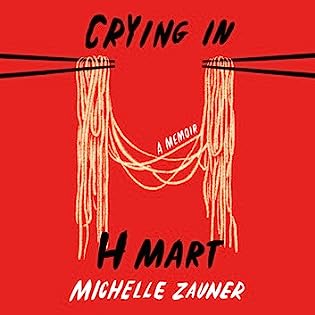 Crying in H Mart by
Crying in H Mart by  Tastes Like War by
Tastes Like War by 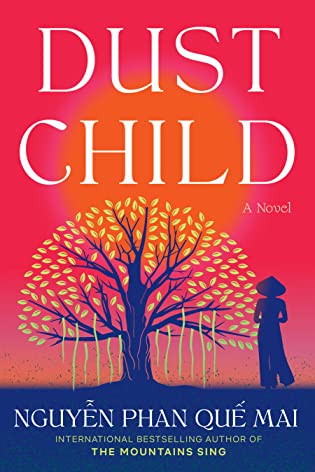 Dust Child by
Dust Child by 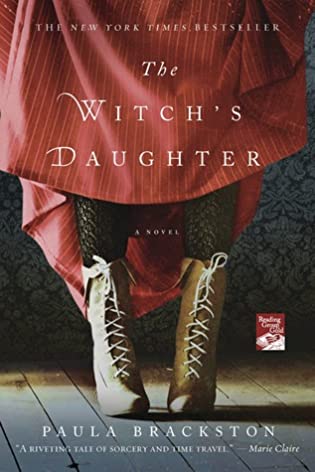 The Witch's Daughter (The Witch's Daughter, #1) by
The Witch's Daughter (The Witch's Daughter, #1) by 
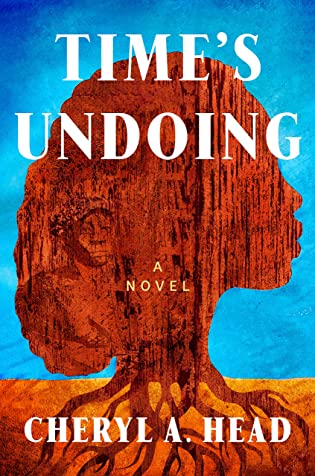 Time's Undoing by
Time's Undoing by 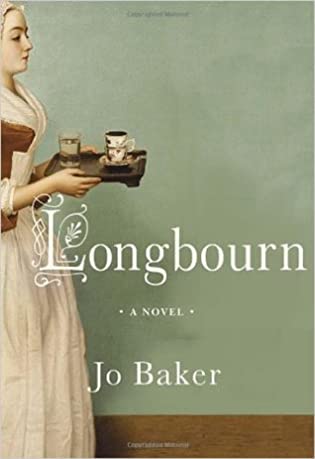 Longbourn by
Longbourn by 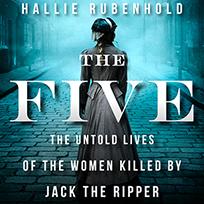 The Five: The Untold Lives of the Women Killed by Jack the Ripper by
The Five: The Untold Lives of the Women Killed by Jack the Ripper by